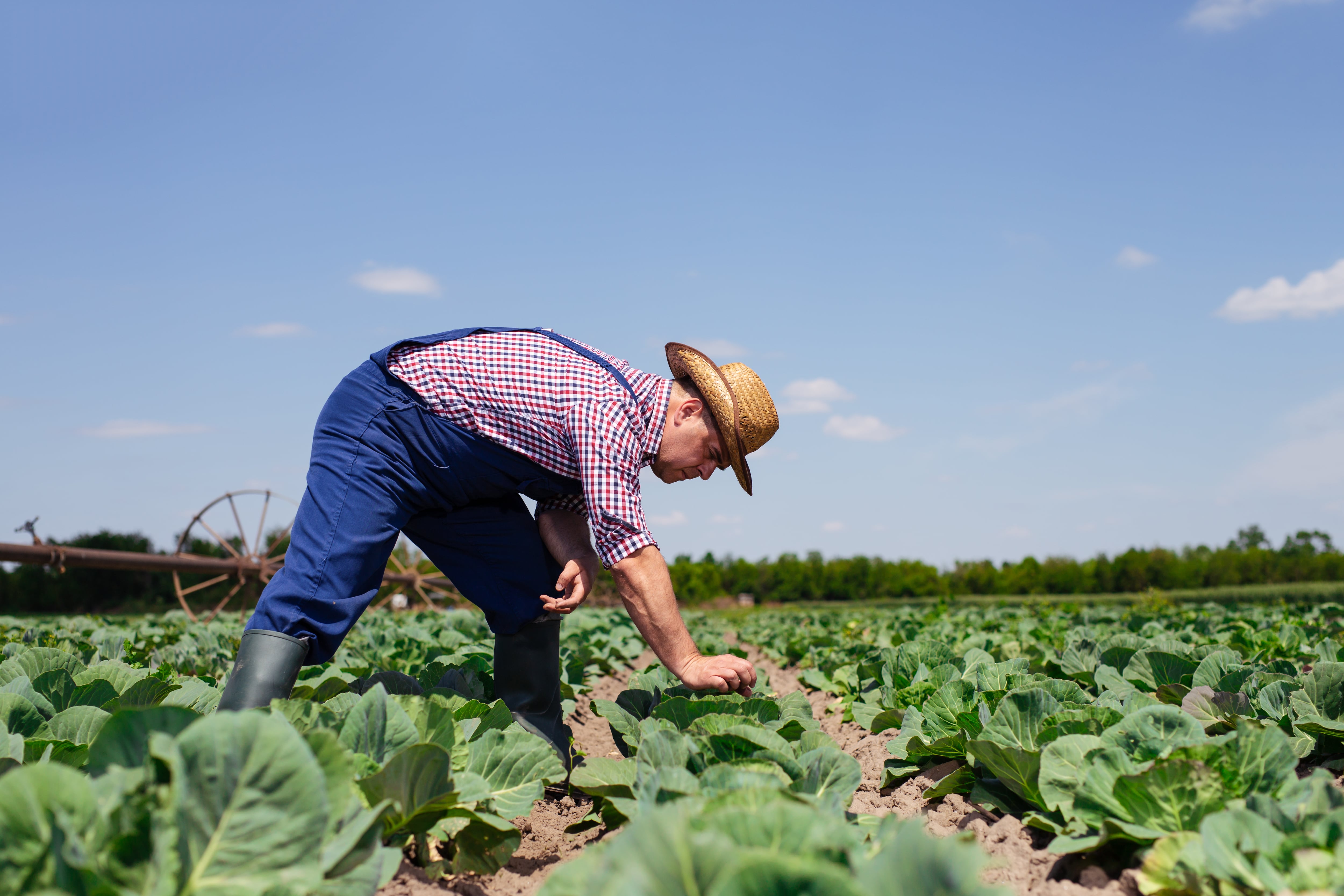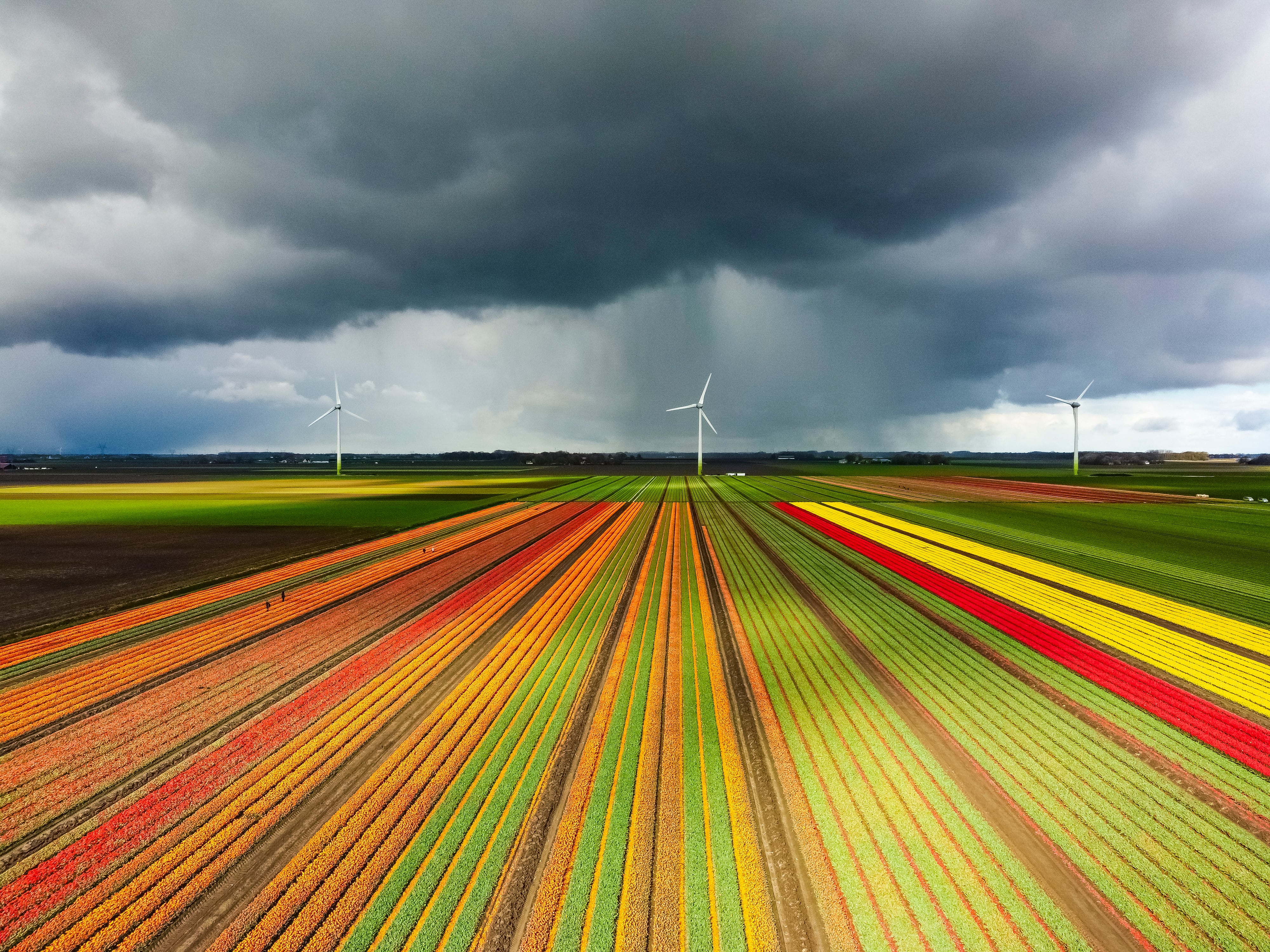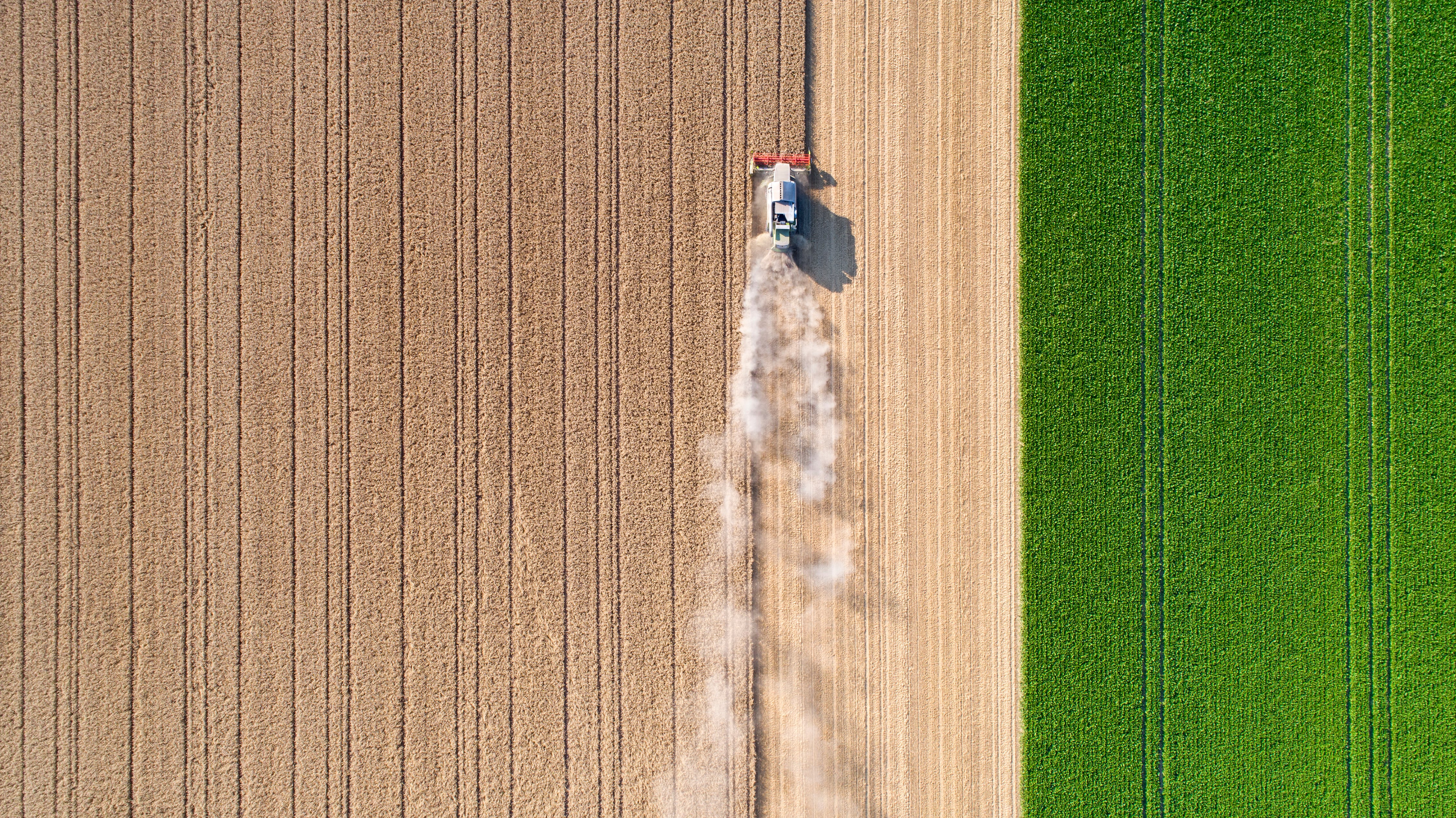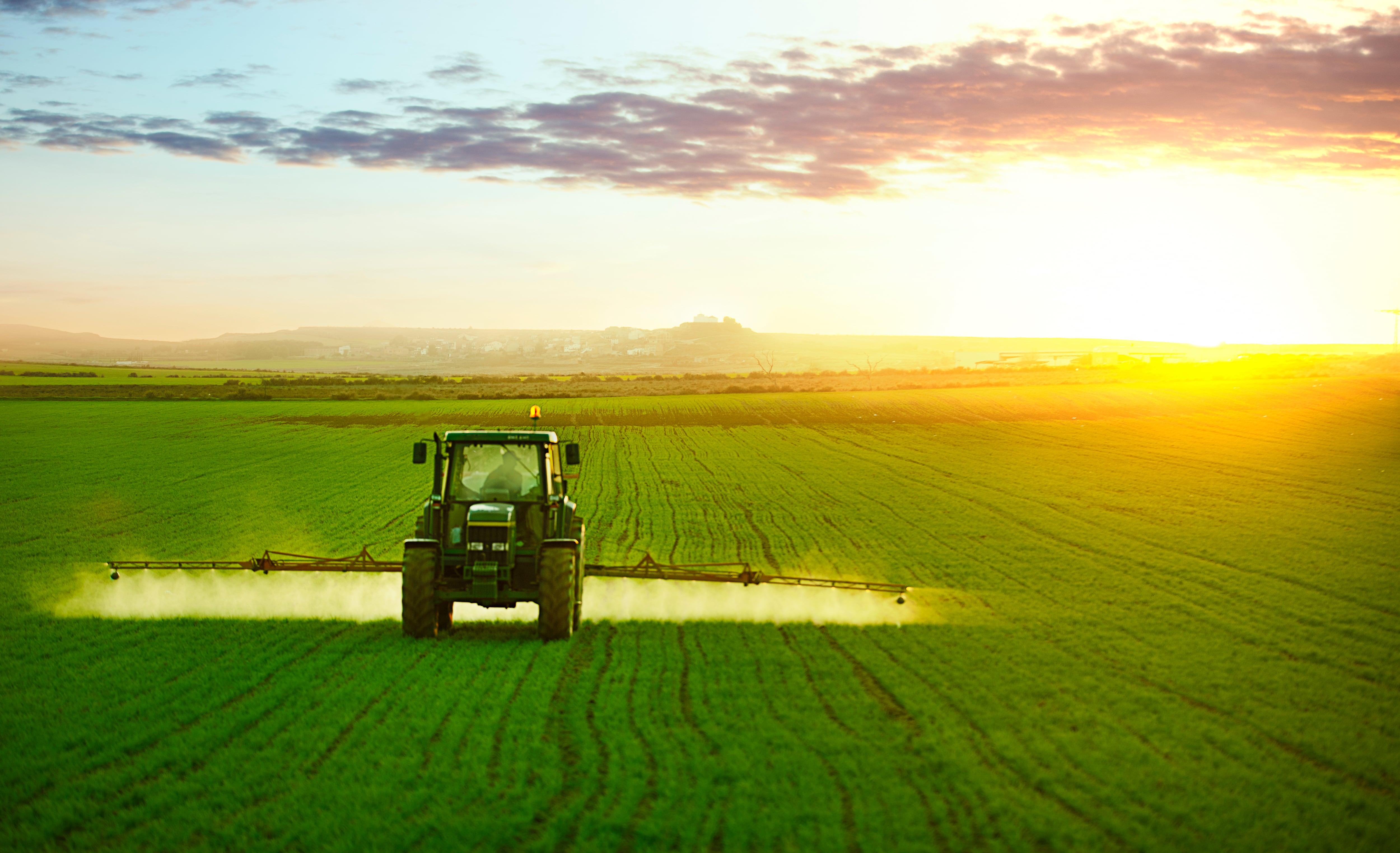The European Commission has unveiled its long-term vision for agriculture and food policy in Europe.
First the good news. The roadmap says it aims to increase the uptake of innovation and digitalisation in agriculture. Technologies that can optimise yields, conserve resources and eliminate guesswork in various aspects of farming – such as precision agriculture, automation, robotics, AI and IoT – are all lauded.
This acknowledgement could well create opportunities for agtech companies to develop and implement new technologies.
Likewise, the vision includes plans to make farming more attractive to young people, which could potentially increase adoption of new technologies in the sector.
Brussels also aims to speed up market access for biopesticides and new genomic techniques to produce more climate resilient crops. Funding will be increased for the European Food Safety Authority to accelerate risk assessment procedures.
Unlike the previous Farm to Fork strategy, which emphasised stricter regulations, this plan favours incentives over penalties. This includes financial incentives for farmers who exceed existing environmental requirements.
The strategy stresses the need to “draw on all sources of income” for farmers. Innovative financing tools are proposed, including blended public-private financing for nature-positive practices. Additional income opportunities for farmers are highlighted, such as carbon farming, nature credits, and renewable energy production (e.g., solar panels, windmills, and biogas).
Timid steps?
But is this evidence of a concrete plan, or just woolly platitudes that merely mirror the innovation already happening in the industry?
Copa-Cogeca, the EU’s largest farming lobby, for instance, welcomed the roadmap’s recognition of farmers as key economic and environmental contributors, noting its focus on competitiveness, innovation, and sustainability.
However, it criticised the plan for failing to fully address funding – which it says is a major omission, given the ongoing debate over the future Common Agricultural Policy (CAP) budget. Without clear financial support, it warns, these proposals risk remaining empty promises.
The WWF, too, complains of a vague roadmap for transforming EU agriculture. It wants adjustments in direct payments under the CAP to make income support fairer and reward farmers who work with nature but says there’s no clear direction on this.
Support for carbon farming activities under the Carbon Removals and Carbon Farming Certification Framework, as well as nature credits, can be innovative financing tools for farmers, the WWF adds. However, it fails to provide necessary safeguards against offsetting and double counting, leaving many critical questions unanswered and risking undermining real progress.
Meanwhile, the Commission, we’re told, will incentivise and support farming practices that recover, maintain or improve soil health. Continuous support for organic farming remains essential, it says, while other integrated approaches could be further encouraged. But it makes no mention of regenerative farming.
Time will tell
To be fair, this potentially isn’t the final version of the Commission’s agri-food ‘vision’. The strategy will be reviewed by the European Council and Parliament, so things could change. The Commission also plans to propose an EU digital strategy for agriculture to support the transition to digital-ready farming later in 2025.
We know that farmers today are tech-curious but laser-focused on ROI. With rising input costs and unpredictable climates, agtech solutions must offer tangible, cost-effective improvements to productivity and resilience.
Clear policy frameworks can likewise support and incentivise adoption of agricultural technologies and sustainable practice.





